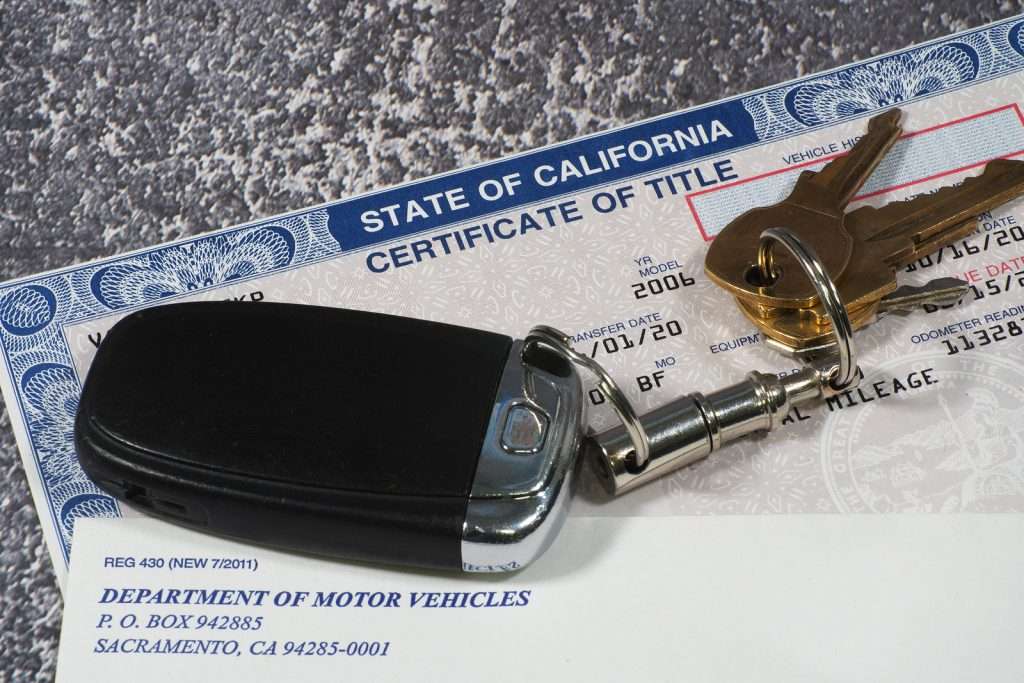When you're looking to buy or sell a car, one of the most important pieces of information you'll need is the Vehicle Identification Number (VIN). The VIN is a unique code that identifies each individual car and provides a wealth of information about the vehicle's history, including its make and model, the year it was manufactured, and any accidents or damage it has sustained over the years.
But when it comes to sharing your VIN number, many car owners have concerns about their privacy and security. Is it safe to give out your VIN, or could it put you at risk for identity theft, fraud, or other types of scams? In this article, we'll take a closer look at the risks associated with sharing your VIN, and provide some tips on how to protect yourself and your vehicle.
What is a VIN Number, and Why is it Important?
As we mentioned earlier, the VIN is a unique code that is assigned to each individual car by the manufacturer. The VIN is made up of 17 characters, and each character provides important information about the vehicle. The first three characters identify the manufacturer, while the next five characters represent the vehicle's attributes, such as its make, model, and engine size. The final nine characters are a combination of letters and numbers that are unique to each individual car.
The VIN is an important piece of information for a number of reasons. For one, it can help you determine the history of a vehicle, including whether it has been involved in any accidents, whether it has been stolen or salvaged, and whether it has any outstanding liens or loans. This information can be valuable when you're buying or selling a car, as it can help you determine the true value of the vehicle and avoid potential scams or fraud.
Risks of Sharing Your VIN
While the VIN can be a useful tool for car owners and buyers, there are some risks associated with sharing this information. Here are some of the potential risks to be aware of:
Identity Theft
One of the biggest risks associated with sharing your VIN is the potential for identity theft. Scammers and fraudsters can use your VIN to gain access to personal information about you, such as your name, address, and other contact details. They can then use this information to open up new credit accounts, take out loans, or engage in other types of fraudulent activity.
To protect yourself against identity theft, it's important to be cautious about who you share your VIN with. Only share this information with trusted parties, such as a reputable dealer or lender, and be sure to verify their identity and credentials before providing any personal information.
Fraudulent Car Sales
Another risk associated with sharing your VIN is the potential for fraudulent car sales. Scammers may use your VIN to create fake titles or registrations for a vehicle, or to sell a car that has been reported stolen or salvaged. This can lead to legal and financial problems down the line, as well as potential safety issues if the vehicle is not in good condition.
To protect yourself against fraudulent car sales, it's important to do your due diligence before buying a vehicle. Be sure to verify the seller's identity and credentials, check the vehicle's history using the VIN, and have a trusted mechanic inspect the vehicle before making a purchase.
How to Protect Your VIN
If you're concerned about the risks associated with sharing your VIN, there are a few steps you can take to protect yourself and your vehicle. Here are some tips to keep in mind:
Be Cautious About Sharing Your VIN
As we mentioned earlier, it's important to be cautious about who you share your VIN with. Only share this information with trusted parties, and be sure to verify their identity and credentials before providing any personal information.
Monitor Your Credit Reports
Monitoring your credit reports on a regular basis can help you spot any unauthorized activity or signs of identity theft. If you see any suspicious activity, be sure to report it to the credit bureau and law enforcement immediately.
Check Your Vehicle History
Checking your vehicle's history using the VIN can help you spot any potential issues, such as accidents, thefts, or salvage titles. This information can be invaluable when buying or selling a car, and can help you avoid potential scams or fraudulent activity.
Protect Your Personal Information
In addition to protecting your VIN, it's important to be cautious about sharing any personal information online. Be sure to use strong passwords, avoid sharing sensitive information on social media, and be wary of any unsolicited requests for personal information.
Conclusion
In conclusion, while sharing your VIN can be a useful tool for buying or selling a car, it's important to be aware of the potential risks and take steps to protect yourself and your vehicle. By being cautious about who you share your VIN with, monitoring your credit reports, and checking your vehicle history, you can help prevent identity theft, fraud, and other types of scams. Remember, the more you know about your vehicle and its history, the better equipped you'll be to make informed decisions and protect yourself from potential risks.



